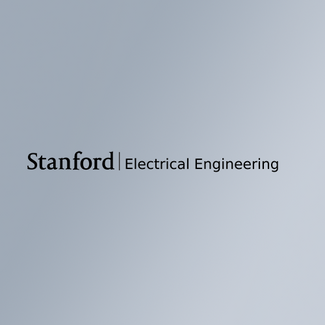
EE Colloquium Series: Strain Engineering Nanomaterials for Emerging Device Structures
Packard 101
Abstract: Strain engineering has been a critical ingredient in enhancing CMOS performance with device scaling over the past two decades. Now that geometric scaling Si transistors is coming to an end, there is a need to explore such manufacturable engineering techniques on new materials systems and devices to continue computational advancements. Nanomaterials are promising contenders for emerging technologies due to their excellent (opto)electronic properties at atomic-thickness. Moreover, nanomaterials are ideal candidates for strain engineering due to their high elastic limits and variety of strain-tunable properties. In this talk, I review how process-induced strain engineering used in CMOS technology can be translated to two-dimensional (2D) materials. With process-induced strain, I show that strain can be achieved in a scalable fashion and designed on the device-level, where this technique enables control over strain magnitude, compression/tension, uniaxiality/biaxiality, strain direction relative to the crystal axis, and out-of-plane strain depth throughout the 2D structure. Due to their weak interlayer bonds, out-of-plane strain transfer is limited, therefore 2D materials uniquely exhibit an opportunity to engineer layer-by-layer strain. In the final portion of my talk, I discuss how layer-by-layer strain application can be used to deterministically craft moiré interference patterns in both (non-)twisted 2D heterostructures. Taken together, this work suggests that strain engineering nanomaterials can aid in uncovering a new era of manufacturable quantum materials and devices by design.
Bio: Tara Peña received her Ph.D. (2023) in Electrical and Computer Engineering (ECE) from the University of Rochester, where she won the university-wide Provost’s Fellowship then the nation-wide NSF GRFP award. Before obtaining her doctorate, she earned a M.S. degree in ECE from the University of Rochester (2019) and a B.S. degree in Physics from Adelphi University (2017). Peña’s research interests include engineering nanomaterials and their device structures.